Modern Day Russia Has Forgotten About the USSR’s Founder
A century has passed since the death of Vladimir Lenin, the founder of the Soviet Union, yet in modern Russia, Lenin seems to have become a mere historical footnote.
The once-ubiquitous image of Lenin is no longer a prominent feature in the country he played a pivotal role in shaping.
Lenin’s Tomb has Become Less Popular Over Time
The mausoleum on Red Square, where his embalmed corpse lies, is now open only 15 hours a week, a far cry from its status as a near-mandatory pilgrimage site in the past.

Robert Lawton/Wikimedia Commons
Surprisingly, it attracts about one-third the visitors that Moscow Zoo does, according to the Russian news agency Tass.
Statues of Lenin Vandalized, Streets Renamed
The statues of Lenin that once dotted the landscape have not escaped the hands of pranksters and vandals.

Stassats/Wikimedia Commons
One notable example at St. Petersburg’s Finland Station, commemorating his return from exile, bore the brunt of a bomb attack, leaving a significant hole in his posterior. Streets and localities named after him have undergone renaming, erasing his presence from the daily lives of Russians.
Lenin’s Rise to Power
Lenin assumed leadership of the Bolshevik Party, a revolutionary faction that toppled the provisional government succeeding the tsarist regime in Russia. Facilitated by German assistance aimed at undermining the Russian war effort, Lenin returned to Russia in 1917.

The Moscow Times/Wikimedia Commons
Orchestrating a coup d’etat in October of that year, widely recognized as the October Revolution, he seized control of both the government and the party. This pivotal moment marked the inception of the world’s inaugural communist state, with Lenin at its helm, initiating the transformative journey of Russia into a socialist society.
Lenin’s Legacy Wanes Under Putin’s Rule
Lenin’s ideological legacy, which once shaped a vast territory, has been relegated to a sideshow in contemporary Russia.
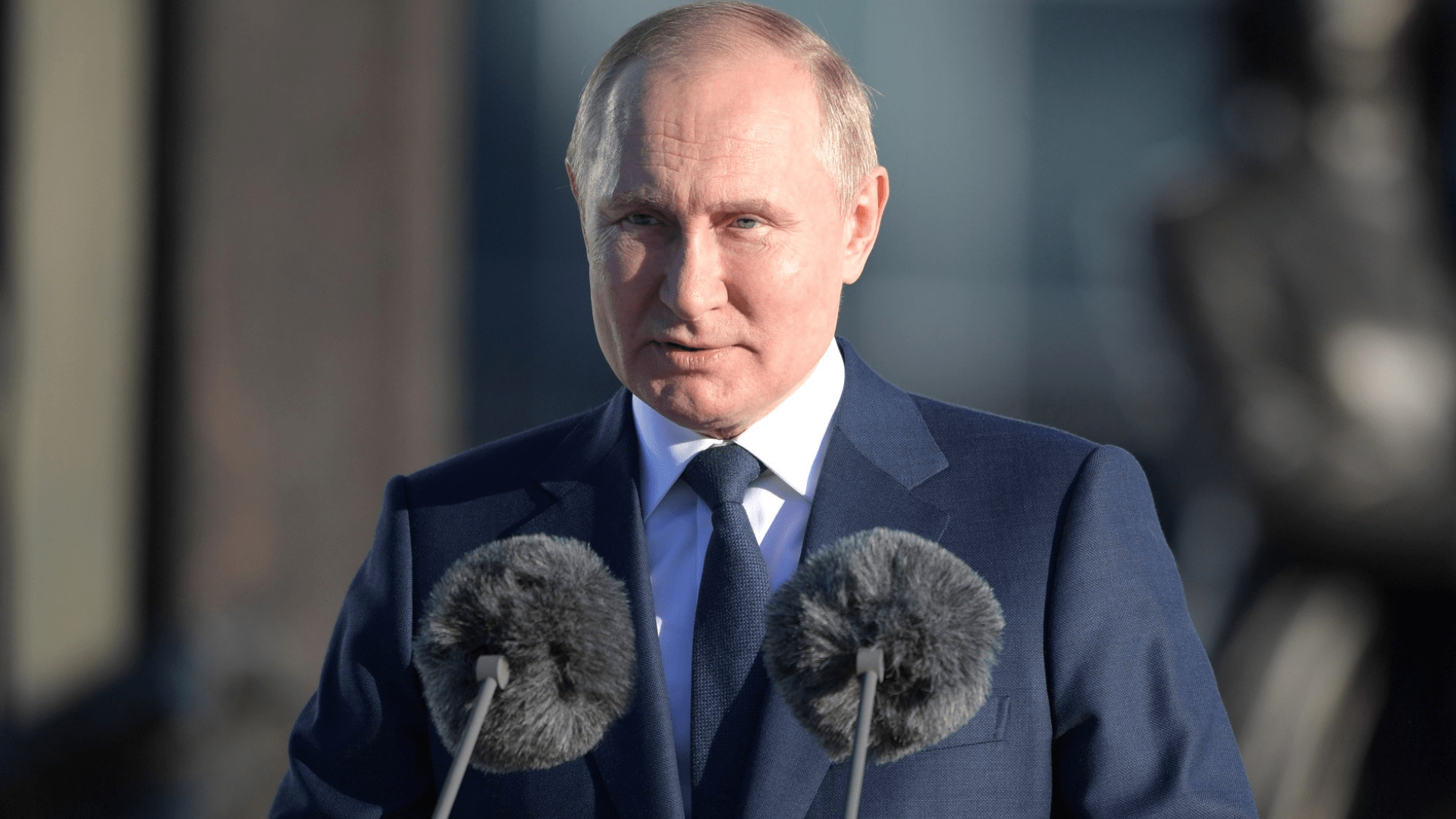
kremlin.ru/Wikimedia Commons
While the Communist Party remains the largest opposition group in parliament, holding only 16% of the seats, it is overshadowed by the overwhelming political power of President Vladimir Putin’s United Russia.
Some Say Lenin is Unnecessary, Others that He Remains Immortal
Historian Konstantin Morozov of the Russian Academy of Sciences suggests that Lenin has become “completely superfluous and unnecessary in modern Russia.”

duma.gov.ru/Wikimedia Commons
Still, the Communist Party leader, Gennady Zyuganov, speaks about Lenin as if he were still in charge, marking “the second century of Lenin’s immortality.”
Putin Keeps Lenin at Arm’s Length
However, Putin himself keeps Lenin at arm’s length, occasionally aiming criticism at him.
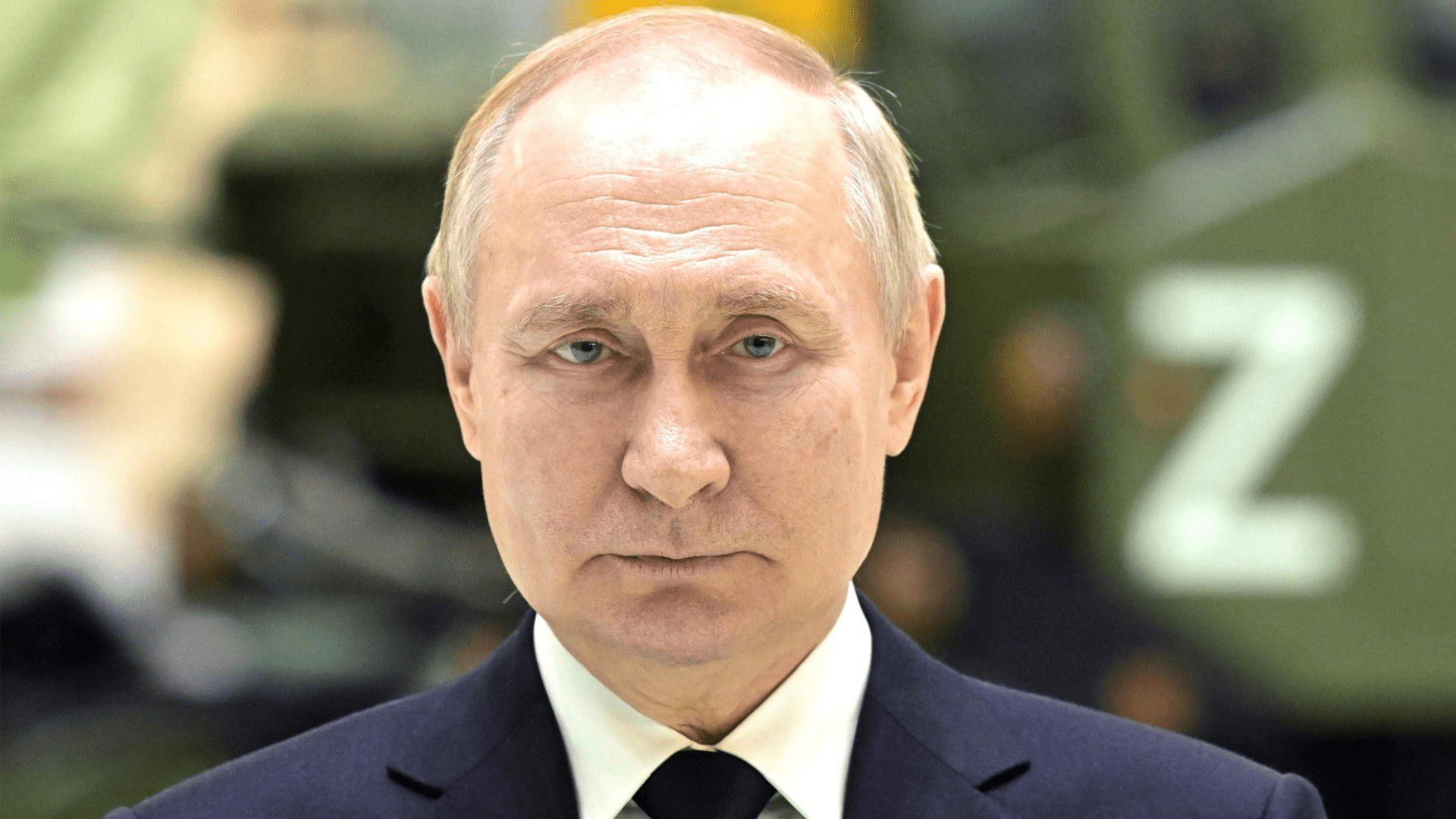
kremlin.ru/Wikimedia Commons
In a speech just before the 2022 invasion of Ukraine, Putin dismissed the country’s sovereign status as a holdover from Lenin’s era, calling it “Vladimir Ilyich Lenin’s Ukraine.” He attributes the current tensions to Bolshevik policies, stating that allowing nominal secession planted “the most dangerous time bomb.”
Putin Still Recognizes Lenin’s Emotional Value for Russia
Despite occasional jabs at Lenin, Putin recognizes the emotional connection that many Russians still have with him.
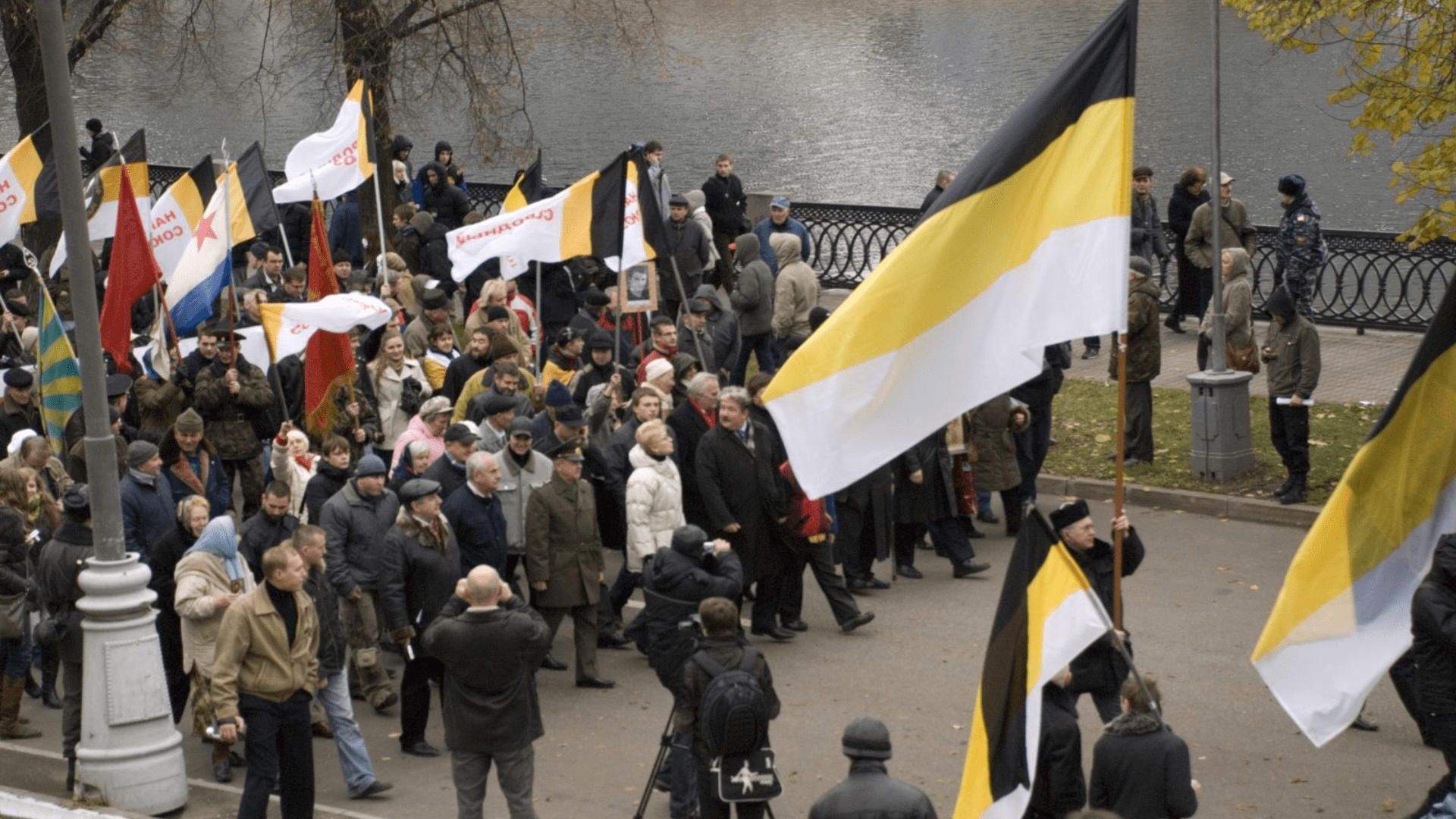
Dmitriy/Wikimedia Commons
He has not supported initiatives to remove Lenin’s body from the mausoleum, acknowledging the historical and emotional ties that persist for many Russians.
Is Lenin Still Relevant?
A 2022 opinion survey revealed that 29% of Russians believed Lenin’s influence would fade to the point where, in 50 years, he would be remembered only by historians.
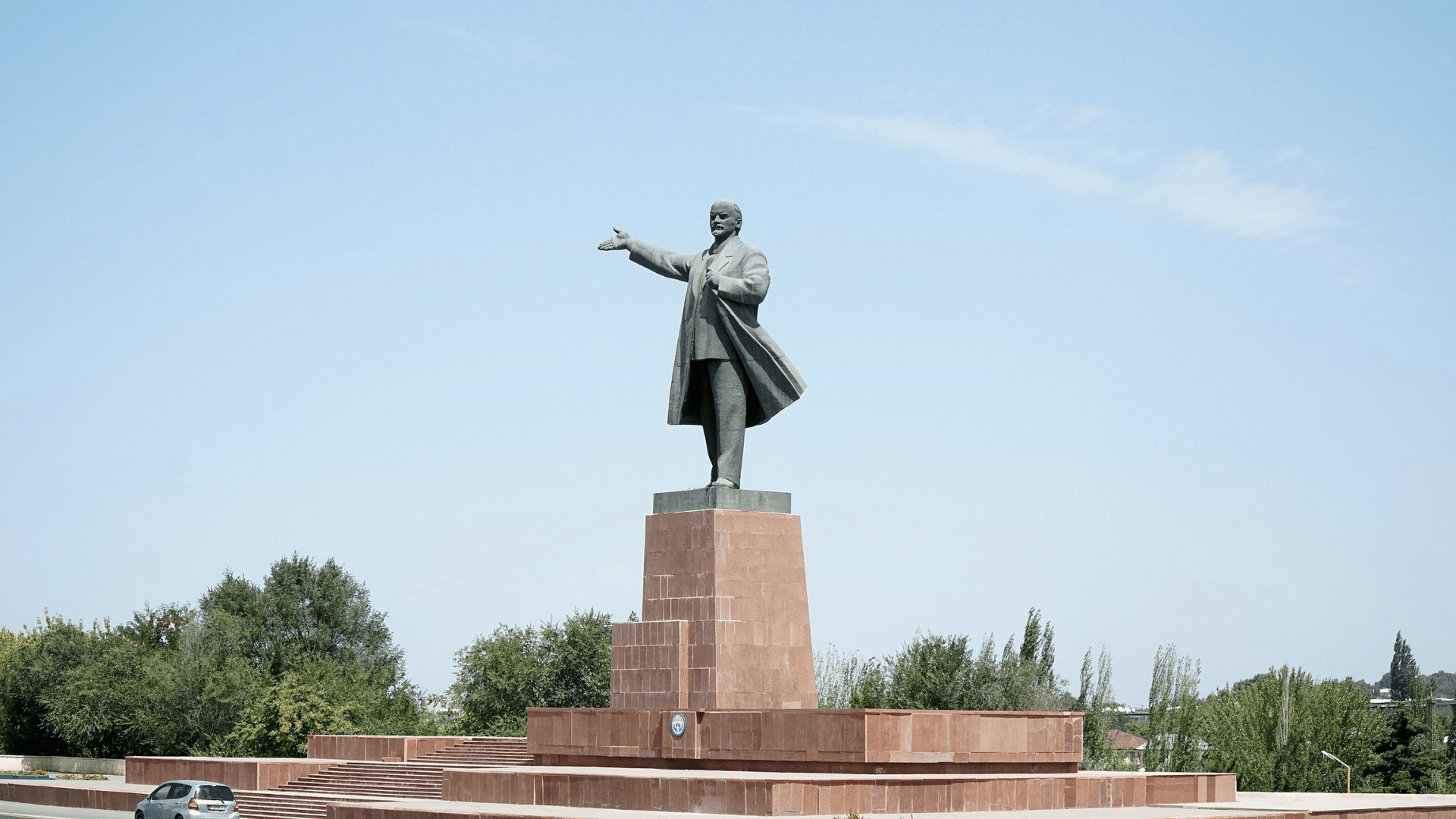
Adam Harangozó/Wikimedia Commons
While this suggests a decline in his significance, the response was only 10 percentage points lower than a similar survey a decade earlier, indicating that Lenin’s importance endures.
Repurposing Lenin’s Mausoleum Canceled
Lenin’s grip on the Russian psyche prompted the Union of Russian Architects to cancel a competition seeking suggestions for repurposing the Red Square mausoleum three years ago.

Don-vip/Wikimedia Commons
Notably, the competition did not even propose the removal of Lenin’s body.
Was the Reverence of Lenin’s Ideals Helpful?
Lenin’s death in 1924 marked the end of an era, and his legacy has been a subject of both veneration and criticism. The preservation of his body and the construction of the mausoleum were products of a tumultuous time.

National Archives and Records Administration/Wikimedia Commons
The ideological reverence for Lenin’s ideals, enforced through the cult of “Lenin After Lenin,” may have contributed to the rigidity that eventually worked against the Soviet Union.
Lenin’s Importance Seems to be Slowly Fading
Today, approximately 450,000 people visit Lenin’s corpse annually, a stark contrast to the seemingly endless lines that shuffled across Red Square during the Soviet era.
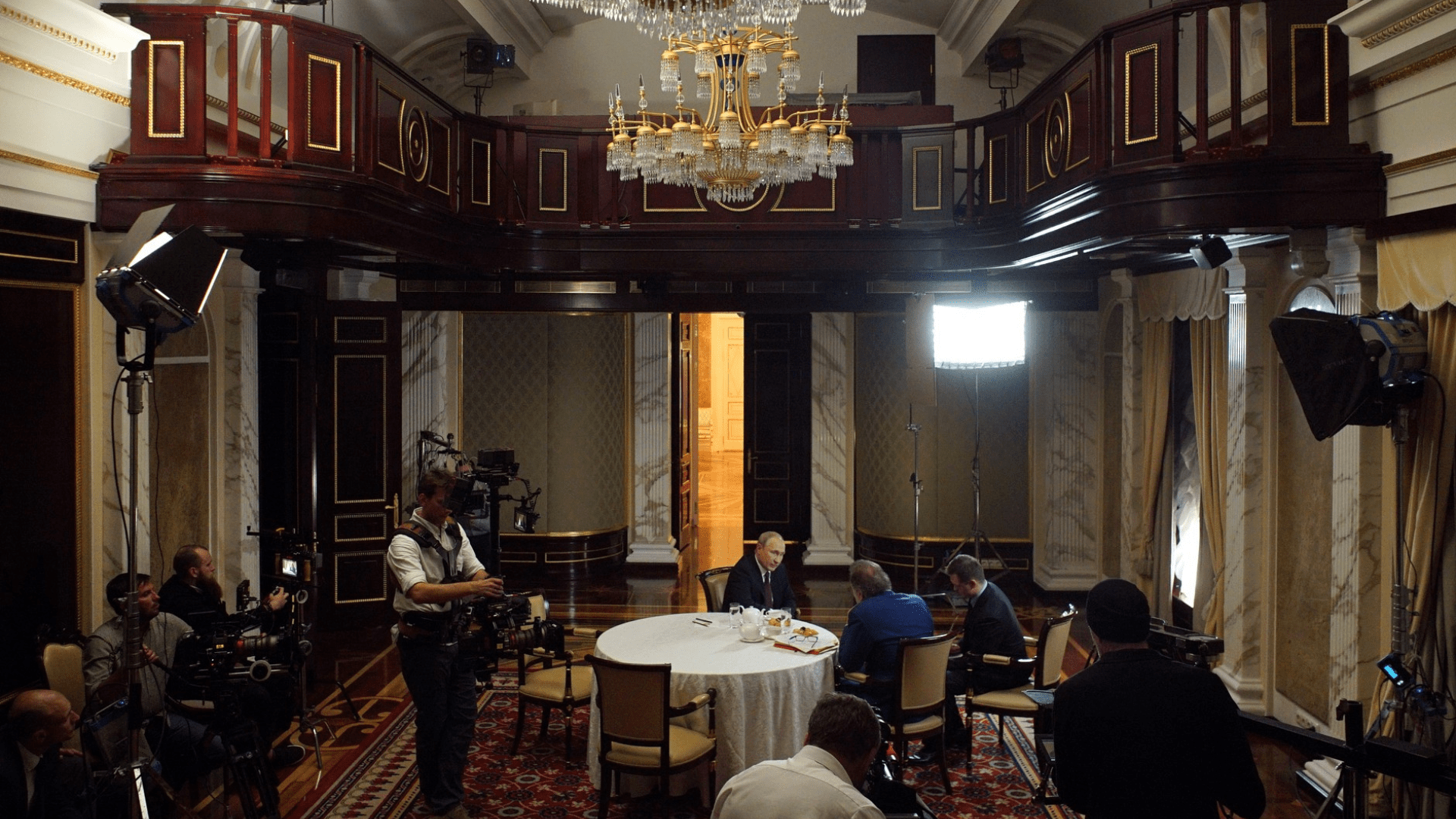
kremlin.ru/Wikimedia Commons
The mausoleum, once a focal point, is now obscured during the annual military parade through Red Square. Lenin is still present, but his visibility has diminished, reflecting the evolving relationship between modern Russia and its revolutionary founder.
